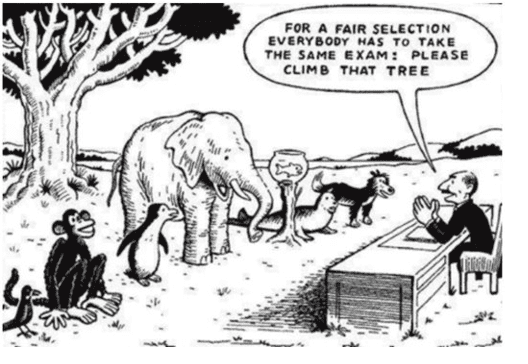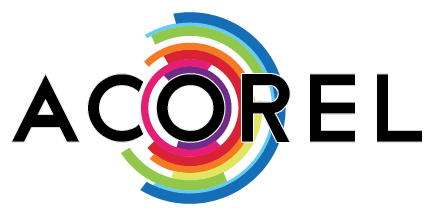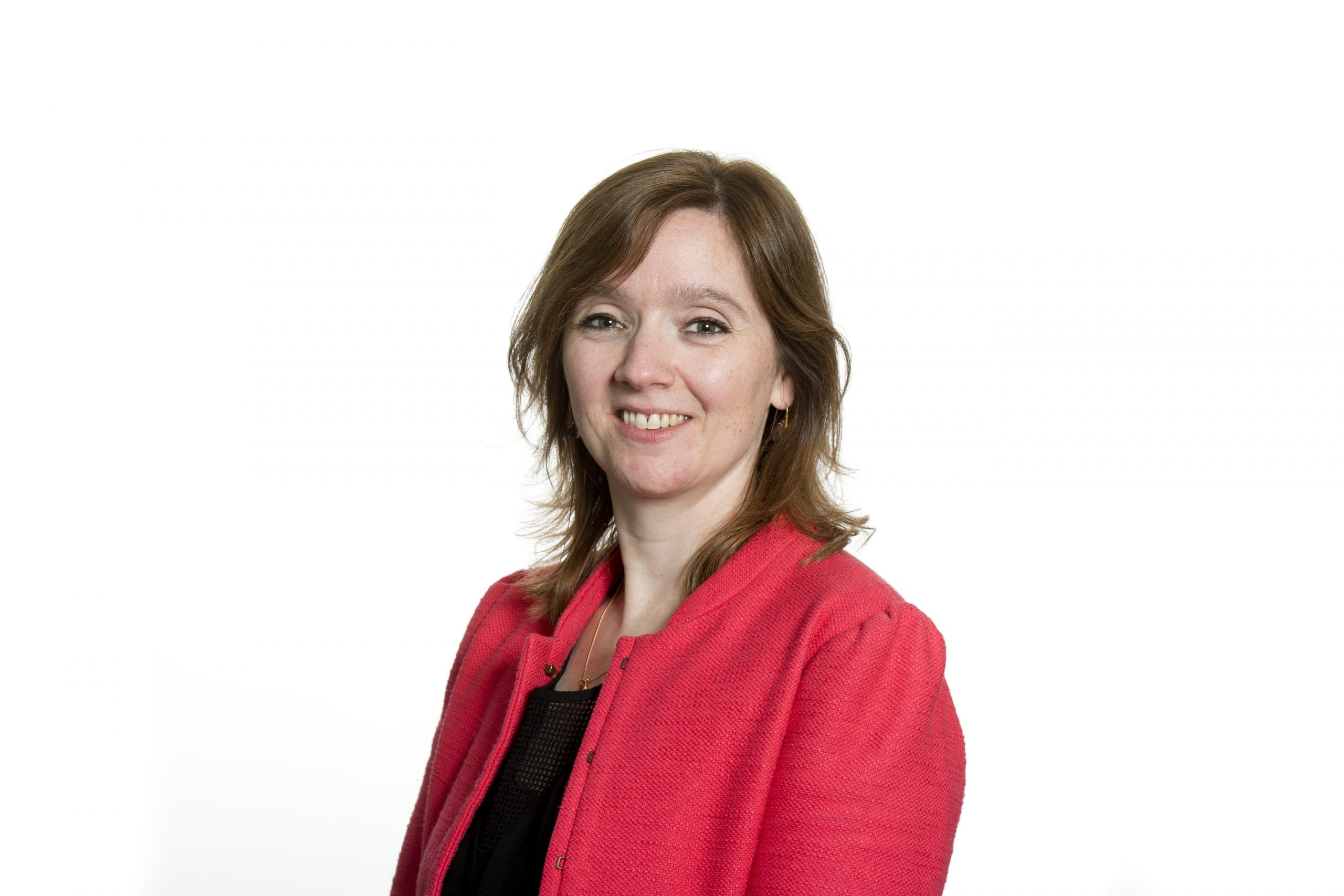Bianca Koene
Read all my blogsLast week, at Acorel, we organised a really cool event on Diversity, Equality and Inclusion. How to become more inclusive as a person and how you can become a more inclusive organisation. Just the organisation of the event already created some really interesting discussions on the topic between the employees within our organisation. “Why do we need this event”, “I do not see we have any problems”, “by focusing on groups you just create exclusion”, etc…
But this event was not at all about fixing problems (if any), it was about creating awareness on the topic, as we have grown from a small company with little diversity, to a medium sized company with a lot more diversity then 20 years ago. As many other companies that are struggling to find the right talent in the Netherlands, we are now looking over the borders, so we have become more diverse in nationalities for example, but over the years we also got a better balance between men and women and we have for example hired more juniors (whereas in the past we were more focused on hiring senior talent). These are just a few examples of our diversity, because we have learned over the event that diversity could also be for example in chronic illness, being a parent or not, appearance and many more.
Our main guest speaker during the event, who I will quote in this blog a couple of times, was Madhu Mathoera (beetopofmind.nl). She guided us through many interesting discussions without judging any opinions, which was really appreciated by the audience. Also, we had a really cool introduction from Stephan Horn, Scrum master at Stedin, who gave us a few really interesting examples of his own experience on diversity and inclusion during his life and career path.
So what did we take away?
“Diversity is being asked to the party” but “Inclusion is being asked to dance”! I found that really interesting. Because it is nice to be invited to come and work for a company in the Netherlands, but if your diversity characteristics are not being considered, you might feel excluded. At Acorel, we have made the step at the beginning of the year to make our formal language “English”. This is just one way how we want to ensure that all people that we have invited to our party, are able to join all our activities (being formal or informal).
The difference between Equality (equal opportunities) and Equity (fair opportunities).

When you give the same assignment to a diverse group, for example “climb the tree” you immediately exclude quite a few ‘people’ in that group that might have the right talent but are not equipped to execute the assignment. Whereas, when you focus on the result, for example “get me the coconuts”, you will notice that there are different ways to get to the end result and you can attract the right talent to get you there.
Unconscious bias, by which we unconsciously exclude people.
We all have biases and they can be categorised in:
- Affinity Bias: “We have a natural tendency to gravitate towards people that are like us”. When we create project teams, we tend to invite people in the project with whom we know there is a click, with whom we know we can work well based on past experiences, from whom we know we think and work alike, etc. But that does not necessarily mean you create the “strongest” team like that.
- Gender Bias: When people receive unfair disadvantages or unfair advantages based on their gender.
- Confirmation Bias: Our tendency to process information that confirms our existing beliefs or ideas.
Madhu Mathoera advises us: “When you feel a click during a job interview, run away or ask different questions”. Because of the click, there might be a tendency to some kind of bias, that might lead you to ask this specific applicant different (less critical) questions then you would ask somebody you do not immediately feel a click with, but who might actually be a better candidate based on talent.
Different kinds of diversity
The complexity of customers and markets has changed. We are no longer bound to borders and Internet and Social Media has made customers and markets more diverse. Therefore, for an organisation, it is important to focus on different kinds of diversity, being:
- Diversity of markets: These days you can close your health insurance with a department store and not only with an insurance company (example from Madu Mathoera).
- Diversity of customers: Madhu mentioned an example of receiving samples in a drugstore. If your customer has a dark skin tone, it does not make sense to give her a sample for foundation that is meant for a light skin tone. If you give everyone the same sample, and you do not take into account diversity, it is a missed opportunity.
In order to be able to respond well to diverse markets and diverse customers you need:
- Diversity of ideas: It is important you value different ideas, and not stick to “traditions” or “this is how we are used to do it” to make your company future proof.
- Diversity of talent: Do not ask to climb the three, but attract different talents to get you to a certain goal. A diversity of talent gives your company the right impulse to innovate.
You need to become more inclusive as an organisation.
How to become more inclusive as an organisation
So what would be the advice to organisations to become a more inclusive organisation?
- Listen to understand: I believe that is what we did by having this event. It brought up very interesting discussions and gives us food for thought in growing towards a more inclusive organisation.
- No excuses: It is always a good time to start discussing how well you do personally as well as an organisation on the topic of diversity and inclusion.
- Seat at the table: Make sure everyone has a seat at the table to discuss about this topic. So do not only talk about diversity, but make sure you invite a diverse crowd at the table.
Conclusion
Finally, what we have learned, “Becoming more inclusive is a personal journey” and everybody does it at his/ her own pace. And that is ok!



